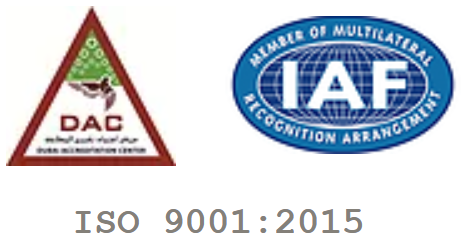

HASTELLOY FLANGE
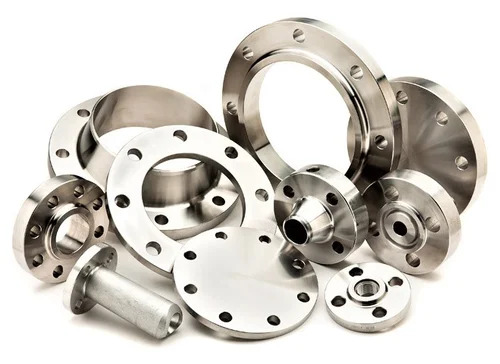
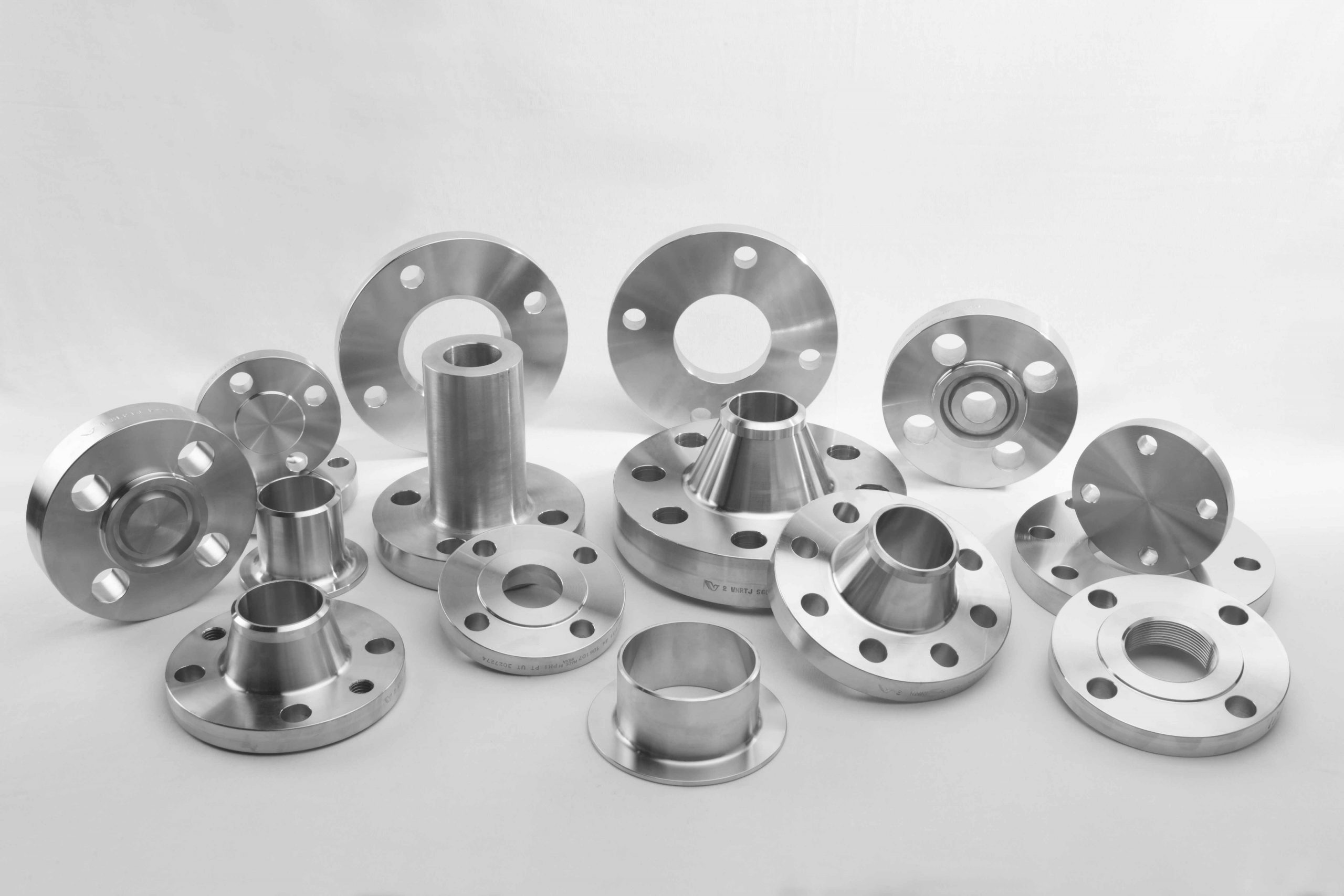
HASTELLOY FLANGE
When it comes to industrial applications, using the right materials is essential for ensuring safety, efficiency and reliability. One such material that has gained popularity in recent years is Hastelloy, known for its excellent resistance to corrosion, high-temperature stability and strength. Hastelloy flanges, in particular, are highly sought-after in industries such as chemical processing, oil and gas, and pharmaceuticals due to their ability to withstand harsh environments and extreme conditions. But what exactly makes Hastelloy flanges so special?
We'll delve deeper into the benefits of using Hastelloy flanges for industrial applications, and explore why they are the material of choice for many companies operating in harsh and corrosive environments. So, whether you're a seasoned industrial professional or just starting out in the field, read on to discover the advantages of using Hastelloy flanges for your next project.
We manufacture Hastelloy flanges in the following grades:
| GRADES | ||||||||||
|---|---|---|---|---|---|---|---|---|---|---|
| Hastelloy C276 Flanges | ||||||||||
| Hastelloy C22 Flanges | ||||||||||
| Hastelloy C4 Flanges | ||||||||||
| Hastelloy C2000 Flanges | ||||||||||
| Hastelloy B2 Flanges | ||||||||||
| Hastelloy B3 Flanges | ||||||||||
| Hastelloy X Flanges | ||||||||||
| Hastelloy ASME/ANSI B 16.5 | Welding Neck Flange, Slip on Flange, Blind Flange, High Hub Blind Flange, Socket Weld Flange, Lap Joint Flange, Threaded Flange, Ring Type Joint Flange |
| Hastelloy PRESSURE CLASS | 150, 300, 400, 600, 900, 1500, 2500 |
| Hastelloy ASME/ANSI B 16.47 | Welding Neck Flange, Blind Flange [Series A & B] |
| Hastelloy PRESSURE CLASS | 75, 150, 300, 400, 600, 900 |
| Hastelloy ASME/ANSI B 16.36 | Welding Neck Flange, Slip on Flange, Threaded Flange |
| Hastelloy PRESSURE CLASS | 300, 400, 600, 900, 1500, 2500 |
| Hastelloy BS 4504 SEC 3.1 | Welding Neck Flange, Hubbed Slip on Flange, Hubbed Threaded Flange, Lapped Pipe End Flange, Plate Flange, Loose Plate Flange, Loose Plate With Weld Neck Flange, Blank Flange |
| Hastelloy PRESSURE CLASS | PN 2.5 TO PN 40 |
| Hastelloy BS 4504[PART 1] | Welding Neck Flange, Hubbed Slip-On Hubbed Threaded, Plate Flange, Loose Plate With Weld On Plate Collar, Blank Flange |
| Hastelloy PRESSURE CLASS | PN 2.5 TO PN 400 |
| Hastelloy BS 1560 BOSS | Welding Neck Flange, Socket Welding Flange, Slip-On Flange, Blind Flange, Screwed Boss Flange, Lapped Flange |
| Hastelloy PRESSURE CLASS | 150, 300, 400, 600, 900, 1500, 2500 |
| Hastelloy BS10 | Welding Neck Flange, Plate Slip-On Flange, Screwed Boss Flange, Slip-On Boss Flange, Blind Flange |
| Hastelloy TABLE | D, E, F, H |
| Hastelloy DIN FLANGES | DIN 2527, 2566, 2573, 2576, 2641,2642, 2655, 2656, 2627, 2628, 2629, 2631, 2632, 2633, 2634, 2635, 2636, 2637,2638, 2673 |
| Hastelloy PRESSURE CLASS | PN 6 TO PN 100 |
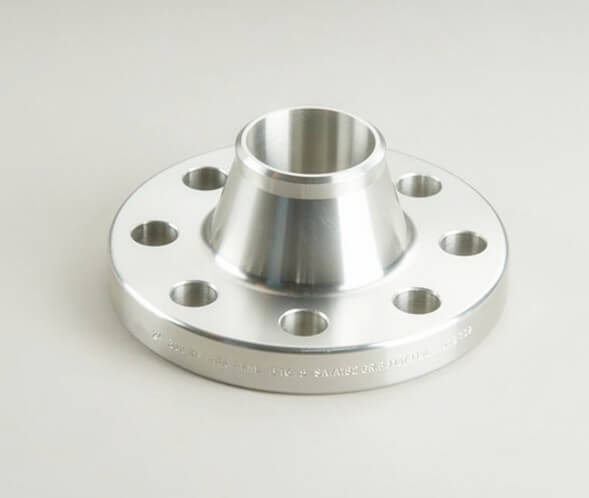
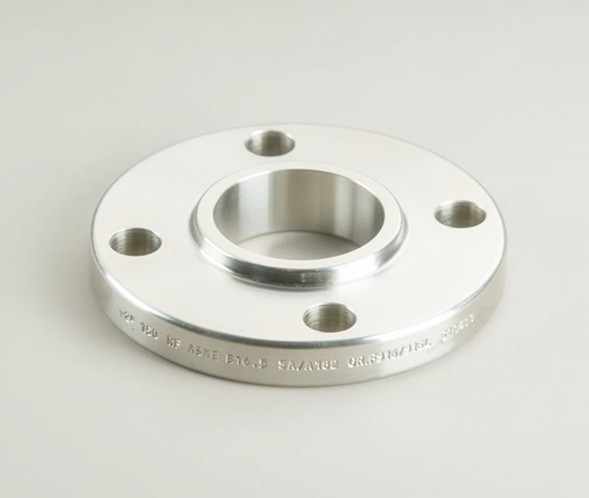
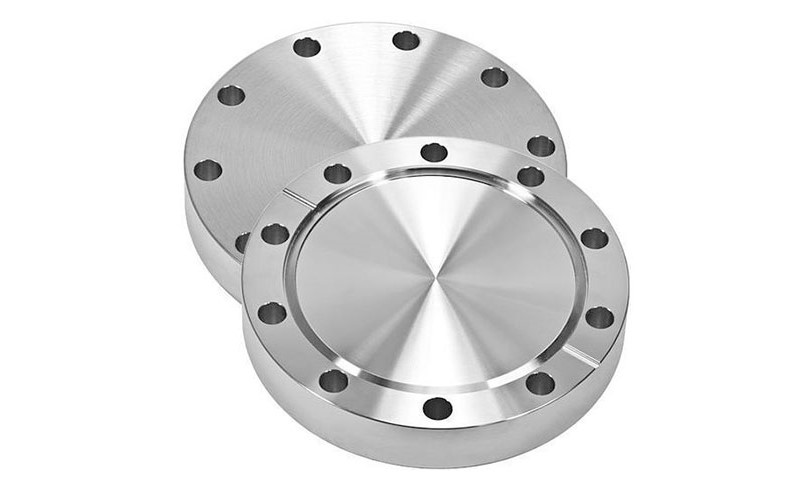
HASTELLOY FLANGE
Hastelloy steel flanges come in various types, each with its unique features and specifications. Understanding the different types of flanges available is the first step in choosing the right flange for your project.
The most common types of Hastelloy steel flanges include Weld Neck, Slip-On, Blind, Socket Weld, Lap Joint, and Threaded flanges.
Weld Neck flanges are designed to provide a long-lasting and leak-free connection. They're commonly used in high-pressure piping systems and have a neck that's welded to the pipe, creating a smooth transition between the pipe and flange.
Slip-On flanges are easy to install and remove and are ideal for low-pressure systems. They're slipped over the pipe and then welded in place.
Blind flanges are used to close the end of a pipe or vessel and are commonly used in systems that require periodic inspection or cleaning.
Socket Weld flanges are similar to slip-on flanges but have a socket in the bore to allow the pipe to be inserted. They're commonly used in small-bore piping systems and have a high-pressure rating.
Lap Joint flanges are designed to be used with a stub end and are ideal for systems that require frequent dismantling. They're commonly used in low-pressure systems.
Threaded flanges have internal threads and are screwed onto the pipe. They're commonly used in low-pressure systems and are easy to install and remove.
Choosing the right Hastelloy steel flange for your project requires careful consideration of various factors. Here are some of the critical factors to consider when selecting the right flange for your project.
Pressure Rating and Temperature Requirements
The pressure rating and temperature requirements are essential factors to consider when choosing Hastelloy steel flanges. The pressure rating is the maximum pressure that the flange can handle, while the temperature requirement is the maximum temperature that the flange can withstand.
It's crucial to select a flange that can handle the pressure and temperature requirements of your project. Failure to do so can result in leaks, damage to equipment, and even safety hazards.
Size and Dimensions
The size and dimensions of the flange must be compatible with the piping system. The size of the flange is determined by the size of the pipe to which it's connected. It's essential to select a flange that matches the size of the pipe to ensure a secure and leak-free connection.
The dimensions of the flange, such as the bolt hole diameter, thickness, and outside diameter, must also be considered. The dimensions must match the piping system and other components to ensure a proper fit.
Corrosion Resistance and Material Selection
Hastelloy steel flanges are known for their excellent corrosion resistance, making them ideal for use in harsh environments. However, not all Hastelloy steel alloys offer the same level of corrosion resistance.
The material selection is critical when choosing Hastelloy steel flanges. Factors such as the type of fluid or gas being transported, the temperature, and the level of corrosiveness must be considered.
Some of the most commonly used Hastelloy steel alloys for flanges include 304, 316, 321, and 347. It's essential to select the right material for your project to ensure corrosion resistance and longevity.
Flange Face and Surface Finish
The flange face and surface finish are crucial factors that affect the sealing performance of the flange. The flange face can be flat, raised, or ring joint, and the surface finish can be smooth, serrated, or grooved.
The flange face and surface finish must be compatible with the gasket and the mating flange to ensure a secure and leak-free connection.
End Connections and Joining Methods
The end connections and joining methods must be considered when choosing Hastelloy steel flanges. The end connection can be butt-weld, socket-weld, threaded, or flanged.
The joining method must be compatible with the piping system and other components. Factors such as the pressure and temperature requirements, the level of vibration and movement, and the ease of maintenance must be considered when selecting the right joining method.
Corrosion Resistance Properties of Hastelloy Flanges
One of the most significant advantages of using Hastelloy flanges is their excellent resistance to corrosion. Corrosion is a common problem in many industrial applications, particularly in environments where the equipment is exposed to harsh chemicals, acids, and saltwater. Hastelloy flanges are highly resistant to corrosion, even in highly acidic or alkaline environments. This makes them ideal for use in chemical processing plants, oil and gas refineries, and other industries where corrosion can cause equipment failure, safety hazards, and costly downtime.
High Temperature Resistance of Hastelloy Flanges
Another benefit of using Hastelloy flanges is their high-temperature stability. Hastelloy can withstand high temperatures without losing its strength or corroding. This makes it ideal for use in high-temperature applications such as furnaces, boilers, and heat exchangers. In addition, Hastelloy flanges can also withstand rapid temperature changes without cracking or warping, which can be a problem with other materials.
Superior Strength and Durability of Hastelloy Flanges
Hastelloy flanges are also known for their superior strength and durability. They are resistant to cracking, pitting, and other forms of wear and tear that can cause equipment failure. Hastelloy flanges can also withstand high-pressure applications without deforming or leaking. This makes them ideal for use in pipelines, valves, and other equipment that must withstand high pressures.
Chemical Processing Chemical processing plants use Hastelloy flanges to connect pipelines, valves, and other equipment that come into contact with highly corrosive chemicals. Hastelloy's corrosion resistance properties make it ideal for use in this industry. Hastelloy flanges can also withstand high temperatures and pressures, making them suitable for use in distillation columns, reactors, and other high-temperature applications.
Oil and Gas Oil and gas refineries use Hastelloy flanges in pipelines, valves, and other equipment that come into contact with crude oil, natural gas, and other corrosive substances. Hastelloy's corrosion resistance properties make it ideal for use in this industry. Hastelloy flanges can also withstand high temperatures and pressures, making them suitable for use in boilers, heat exchangers, and other equipment.
Pharmaceuticals Pharmaceutical companies use Hastelloy flanges in equipment used to produce medicines, vaccines, and other medical products. Hastelloy's corrosion resistance properties make it ideal for use in this industry, where the equipment must be kept sterile and free from contamination. Hastelloy flanges can also withstand high temperatures and pressures, making them suitable for use in sterilization equipment, reactors, and other high-temperature applications.
Power Generation
Power plants use Hastelloy flanges in equipment used to generate electricity, such as boilers, heat exchangers, and turbines. Hastelloy's high-temperature resistance properties make it ideal for use in this industry. Hastelloy flanges can also withstand high pressures, making them suitable for use in pipelines and valves.